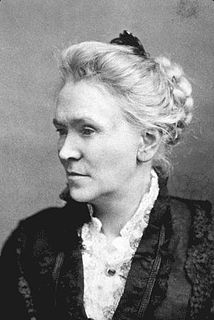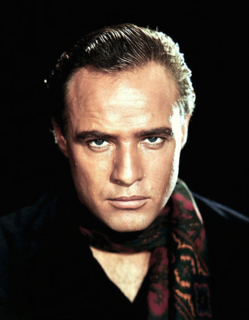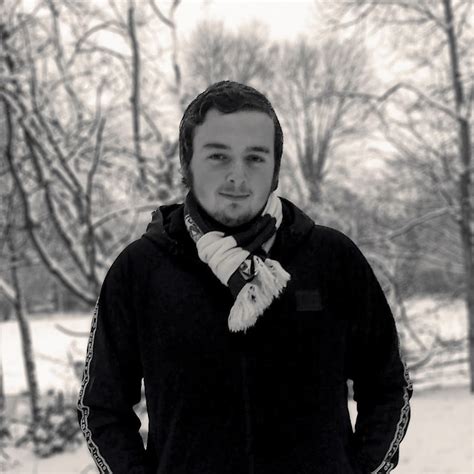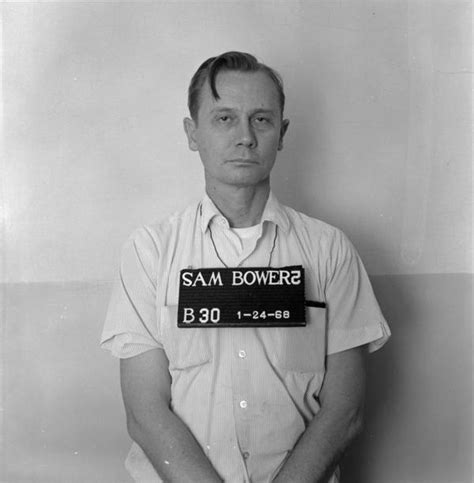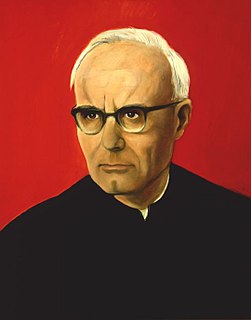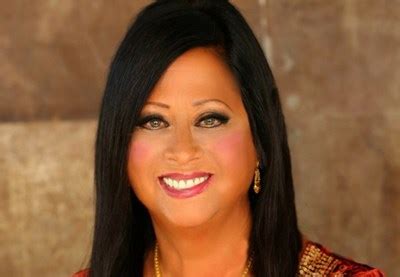A Quote by H. G. Wells
Biologists can be just as sensitive to heresy as theologians.
Quote Topics
Related Quotes
The interesting thing about fake news and fake media is that it's a heresy against reality. Again, as a Catholic, I was taught that the greatest sin was heresy. Because not only are you a sinner, you are proselytizing and inviting other people into your sinful state through your heresy. You're a recruiter for your own fallen state. Donald Trump is a heretic against reality. Basically, he's lying for sport. He's inviting people into his heresy that there is no objective reality.
To do Mohammed justice, his main attack was against the idolatries of Asia. Only he thought, just as the Arians did and just as the Unitarians do, that he could attack them better with a greater approximation to plain theism. What distinguishes his heresy from anything like an Arian or Albigensian heresy is that, as it sprang up on the borders of Christendom, it could spread outwards to a barbaric world.
But why do some people support [the heretics]?" "Because it serves their purposes, which concern the faith rarely, and more often the conquest of power." "Is that why the church of Rome accuses all its adversaries of heresy?" "That is why, and that is also why it recognizes as orthodoxy any heresy it can bring back under its own control or must accept because the heresy has become too strong.
From Augustine down, theologians have tried to compel people to accept their special interpretation of the Scripture, and the tortures of the inquisition, the rack, the thumb-screw, the stake, the persecutions of witchcraft, the whipping of naked women through the streets of Boston, banishment, trials of heresy, the halter about Garrison's neck, Lovejoy's death, the branding of Captain Walker, shouts of infidel and atheist, have all been for this purpose.
A sensitive person receives fifty impressions where somebody else may only get seven. Sensitive people are so vulnerable; they're so easily brutalized and hurt just because they are sensitive. The more sensitive you are, the more certain you are to be brutalized, develop scabs.Analysis helps. It helped me. But still, the last eight, nine years I've been pretty messed up, a mess pretty much.









